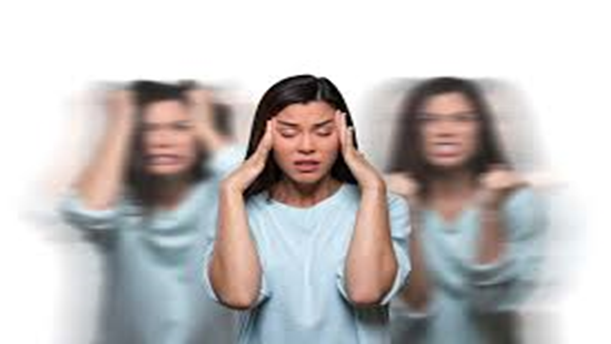The following criteria for a manic episode must be met for a bipolar I diagnosis. Hypomanic or major depressive episodes may have come before or may come after the manic episode.
Manic Episode:
- An identifiable period of abnormally elevated, expansive, or restless mood and abnormally increased activity or energy focused toward a specific objective that lasts at least a week and is present for the majority of the day, almost every day, is known as a manic episode (or any duration if hospitalization is necessary).
- Three (or more) of the following symptoms—or four if the mood is simply irritable—must be present to a significant degree during the period of mood disruption and increased energy or activity, and they must also be different from how you normally behave in a way that is obvious.
There are two types of symptoms that appear in bipolar disorder which is characterized by ‘‘The Highs’’ and ‘’The Lows’’. The highs appear in the manic episode and the lows can be seen in the depressive episode. A bipolar I disorder diagnosis (The Highs) must include:
- Expanded self-esteem or the tendency of grandiosity.
- Lessen the need for sleep and appetite.
- Increase or feel pressure to talk.

- Persistent racing thoughts.
- Motor agitation or increase the goal-directed tasks.
- Easily get distracted,
- Involve themselves in those activities that have a possibility to cause harm.
- Rapid speech or shifting from one topic to another speedily
- High sexual urges
- Unexpected change from a very excited mood to an irritable and antagonistic mood.
- The mood disturbance is severe enough to significantly limit social or occupational functioning, to require hospitalization in order to prevent injury to oneself or others, or to have psychotic characteristics.
- The episode cannot be referred to as a medical condition or to the physiological consequences of a substance (such as an addictive substance, medication, or other treatment).
- There should be at least one manic episode to diagnose bipolar I disorder.
